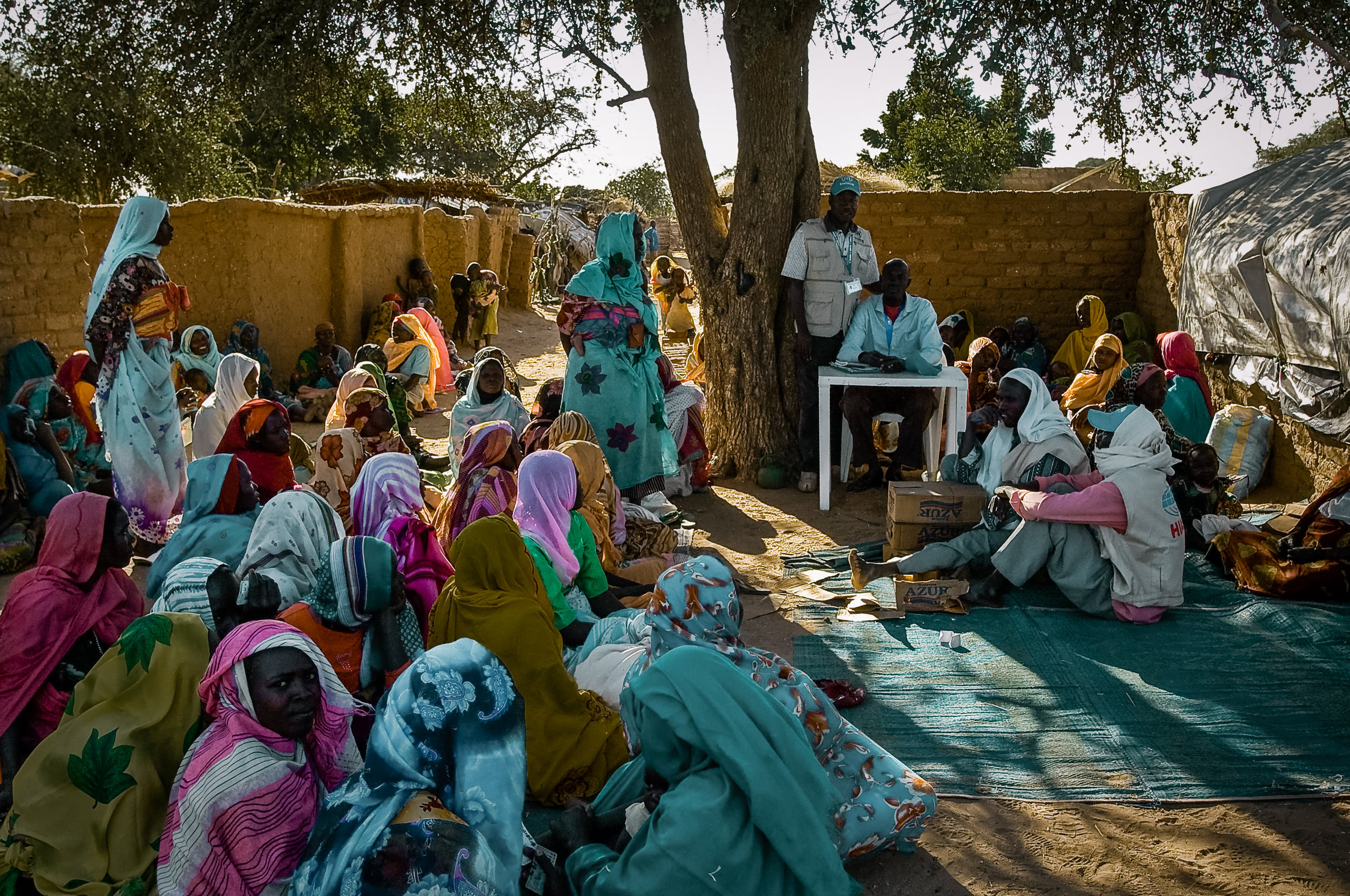
The impact of the cashless economy on the homeless people who engage in street begging is easy to grasp: less cash means less spare change for street donations. But what about its impact on the lives of the homeless people who don’t engage in street begging or of those who are at risk of becoming homeless? Our research shows that we know very little about this issue.
The growing cashless economy poses serious risks to vulnerable people who already face financial and digital exclusion such as the homeless. Recent initiatives have attempted to mitigate these risks through tech innovation but engaging homeless people in the design of new solutions is key to achieving real progress on this issue.
Managing money effectively is challenging for anyone. Contrary to conventional wisdom or, perhaps the prevailing, ideologically informed mental model those with less are often better at managing what money they have. To put it another way, the better off may be pretty bad at money management but have more room for manoeuvre - or ‘slack’ - than those with less.
Earlier this year Eclipse partnered with Save the Children to develop the User-centred Community Engagement methodology (UCCE) to inform the rapid design of child-friendly sanitation facilities in refugee camps in Bangladesh and Iraq.
A colleague and I were recently chatting on slack and decided to use, and make a comparison of, two apparently quite similar money management apps - Yolt and Bud. So far, so fascinating - white, middle class men talking about money and tech, yah.
The financial services landscape in the UK is undergoing major changes with “challenger” banks gaining traction and the Open Banking revolution promising to “create new competitive spaces”. How will these changes impact consumers and will they lead to more inclusive financial services?
In qualitative research there is a close relationship between the design of the research and design of the analysis. That relationships is critical to the effectiveness and efficiency of the study.
Reflections exploring the promise and perils of virtual reality, what it might mean for empathy and the ethics of working with and understanding others.
Young people have access to most digital domains and, as a result, face potential risk. How can technology be accountable for young people's development?
In 2011, the Localism Acto proposed to transfer power from British central government to local communities, but there are few tools available to enable local decision making and involvement in the public realm.
It is understandable with all the complexity around decision making that organisations seek the comfort of a balanced scorecard or a gated development process, but...
Personal data is commodified, privacy is to be paid for: this is the virtual world we live in. It's a messy, evolving complex landscape...
Public consultations aim to do what they say on the tin: engage with the public. But often that tin is too shallow, and the people's voices aren't truly given the platform to be heard. So what could the future of public consultations look like instead?
No method to study thought, attitude and behaviour is ever free from bias. So how do we address it in our research?
How can user-centred approaches help hackathons for social good become more meaningful agents for change?
'Culture' promises to make infrastructure more human, but what kind of culture are we talking about, and are people's voices truly being heard?
The much-awaited, yet skeptically anticipated, computing curriculum has finally arrived at UK schools, firmly set on creating new generations of disruptive technology creators.
What counselling techniques can add to user experience research
How we learn what to do from environmental cues
From rooting for the underdog to the recognition of those who have battled adversity, it is easy to see the cultural importance we place on strength of character.
Empowering people to make organisations more customer centric
Open to ideas and using them to generate new perspective























